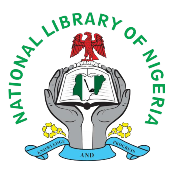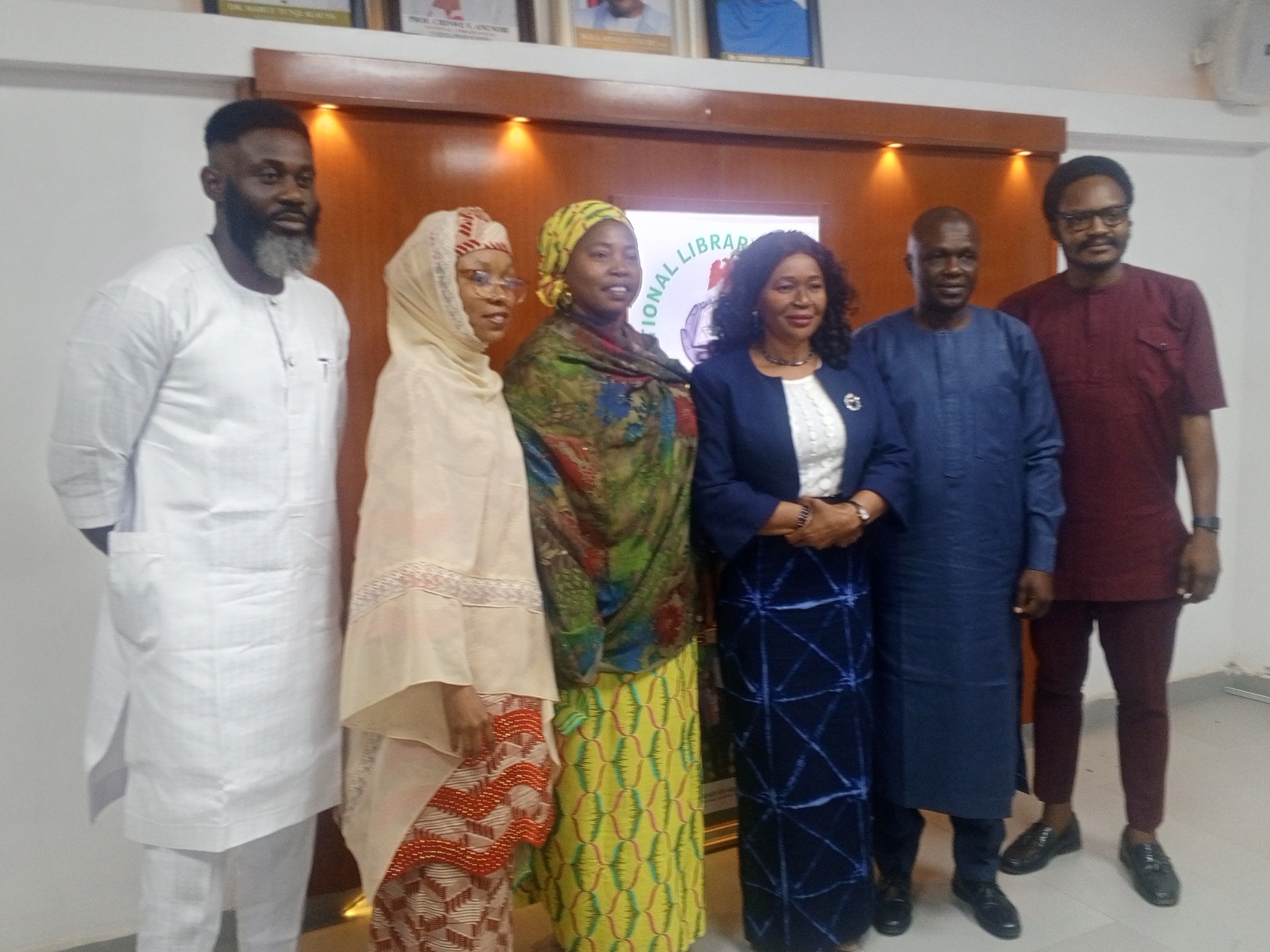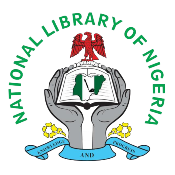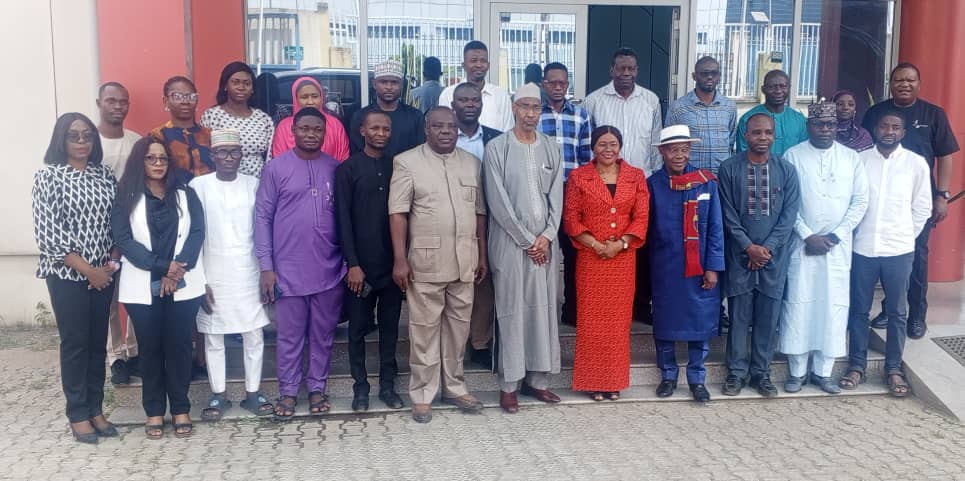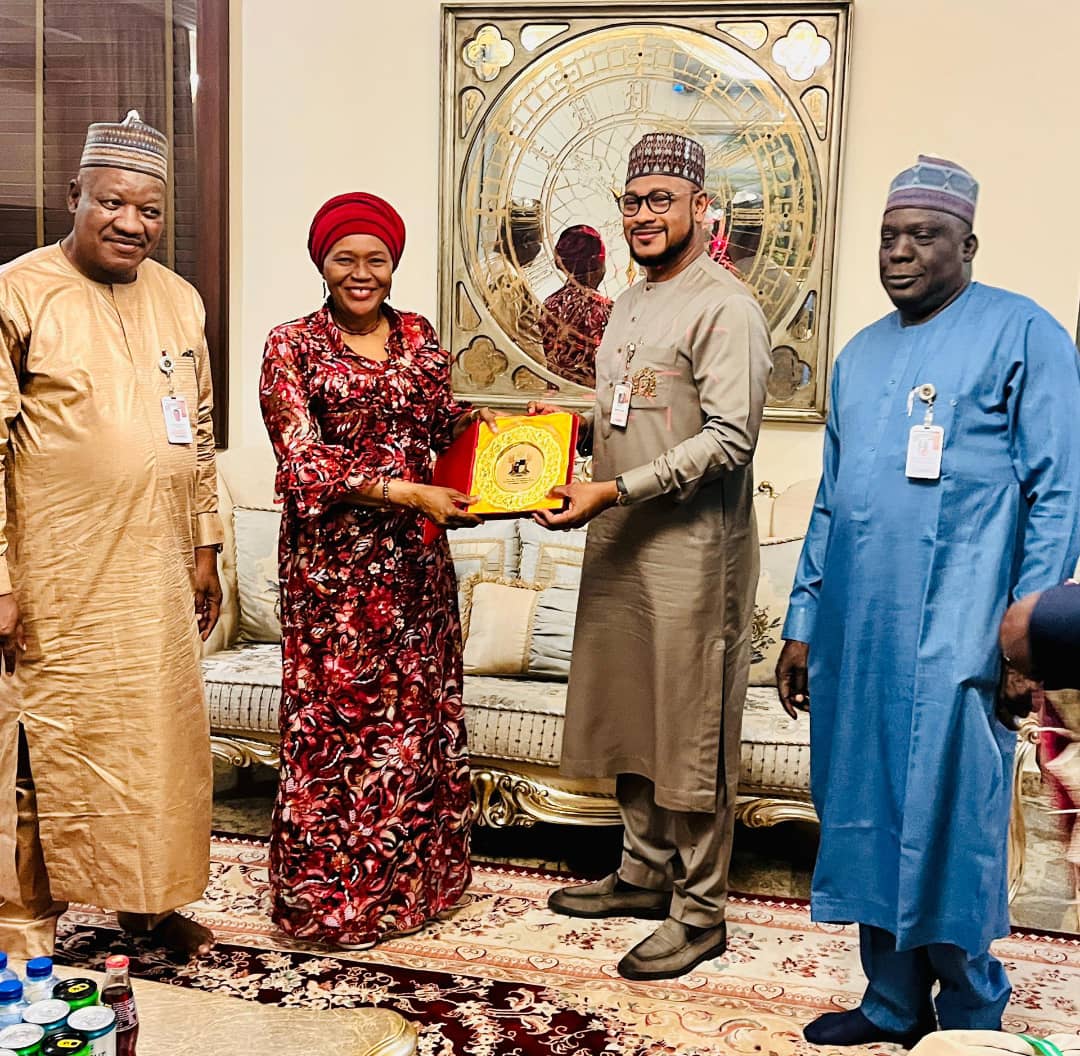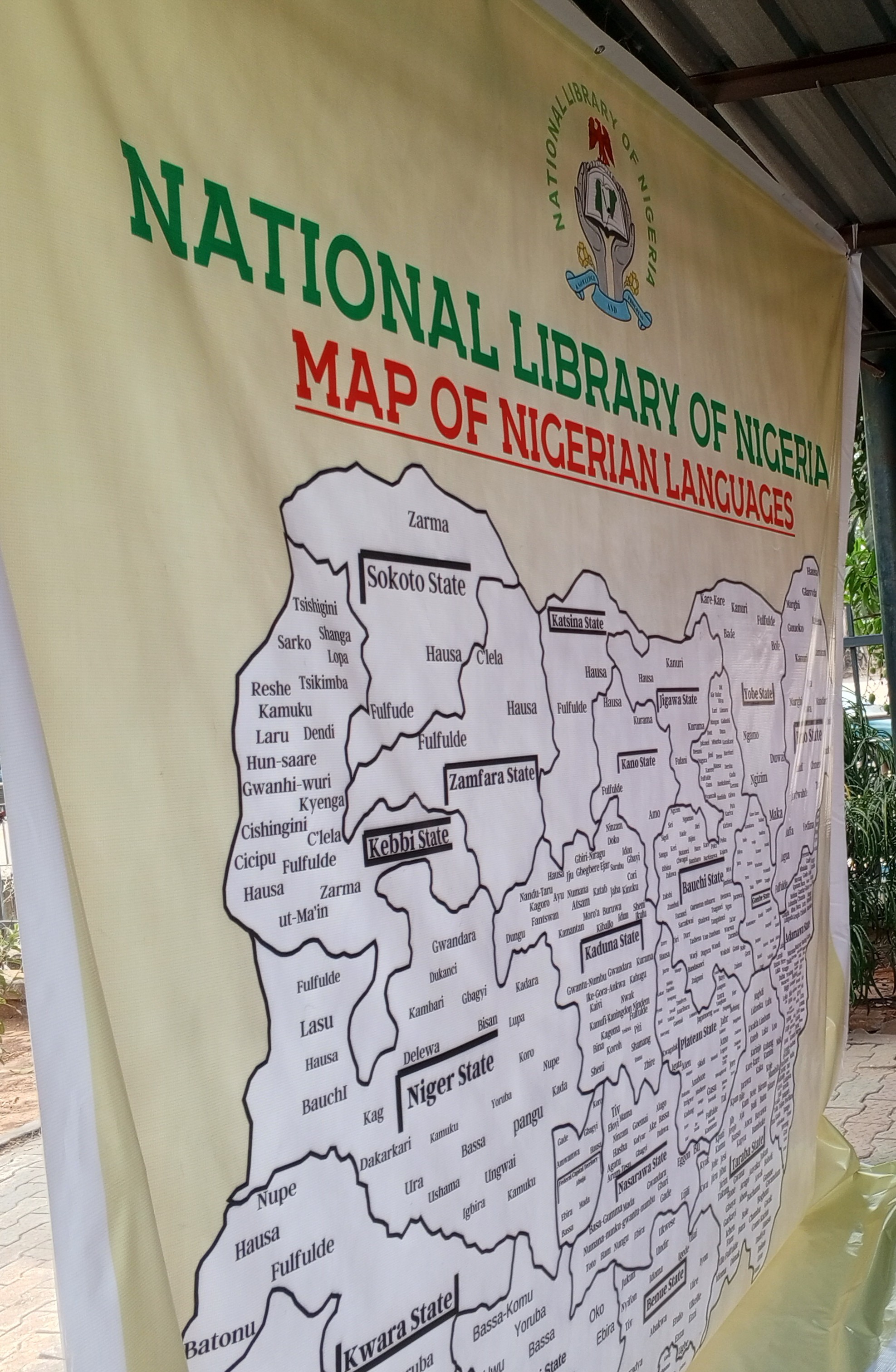The National Library of Nigeria on the 21st February 2024 launched the Nigeria language map which comprises of all the languages in Nigeria, during the commemoration of the International Mother Language Day which was held at the F.C.T Branch, Area 2, Abuja.
The National Librarian/CEO, Prof. Chinwe Veronica Anunobi in her opening remarks said it was from the concern that at least one language dies every two weeks that UNESCO in 1999 designated the 21st of February every year as the mother language day. Furthermore, the United Nations leveraged and expended on that by designating the period 2022 – 2032 as the International Decade for Indigenous Languages with a view to revitalise, protect, preserve and promote indigenous languages for sustainable development. She further outlined the four major outcomes which are expected from this global engagements. They are; learn, teach and transmit; establish a global priority and foster commitment by all stakeholders; ensure legal recognition of indigenous languages by member states; and provide enabling environment to enhance functional usage of indigenous languages. She explained that Nigeria is fully committed to these outcomes hence the Ministry of Education directing that children will be taught in basic schools using the language of their communities.
She stated that communities in all the states of the Federation were engaged to collate and create what she referred to as, the Nigerian Language Map. According to her, it was not just the map of Nigeria, but much more as it contains the languages spoken in each state. She said the Map will be printed and placed in the reading halls of the National Library across the country. In addition to that, she said the National Library is working on a compendium of the alphabets and numerals of Nigeria indigenous languages, which she said is a critical step towards the preservation of indigenous languages.
She also emphasized the need to teach our children our indigenous language irrespective of whether they are home or abroad as we may be endangering our roots if we fail to do so. She added that the theme for this year’s celebration ‘Multilingual Education is a Pillar of Learning and Intergenerational Learning’ is germane to Nigerian efforts where basic schools are taught with indigenous language, and that the National Library activities is centrally positioned as heritage institution that must preserve these languages for intergenerational education. According to UNESCO, the exclusive use of dominant language, in Nigeria including English for instruction has affected the quality of teaching and impacted the validity of learning assessments and by extension, the learner’s future opportunities for education and work. Subsequently, poor learning outcomes is tied to inadequate language of instruction policies. She stated that the theme for this year is therefore a call for all stakeholders, and practically everyone, to appreciate that multilingual education enhances learning when the language of instruction is the learner’s first language.
While unveiling the Nigeria Language Map, the National Librarian/CEO marveled at the numbers of languages in various states of the nation. She also reminded the audience that when a language goes into extinction, it is the culture that has gone into extinction for the language of each culture is the prime feature of that culture. Hence the Hash Tag #MylanguageMyidentity.
The event featured various activities such as storytelling, recitation of poems, recitation of the alphabet and numbers in different indigenous languages and exhibition of indigenous books. Different schools were in attendance while certificates of participation and gifts were also given.
